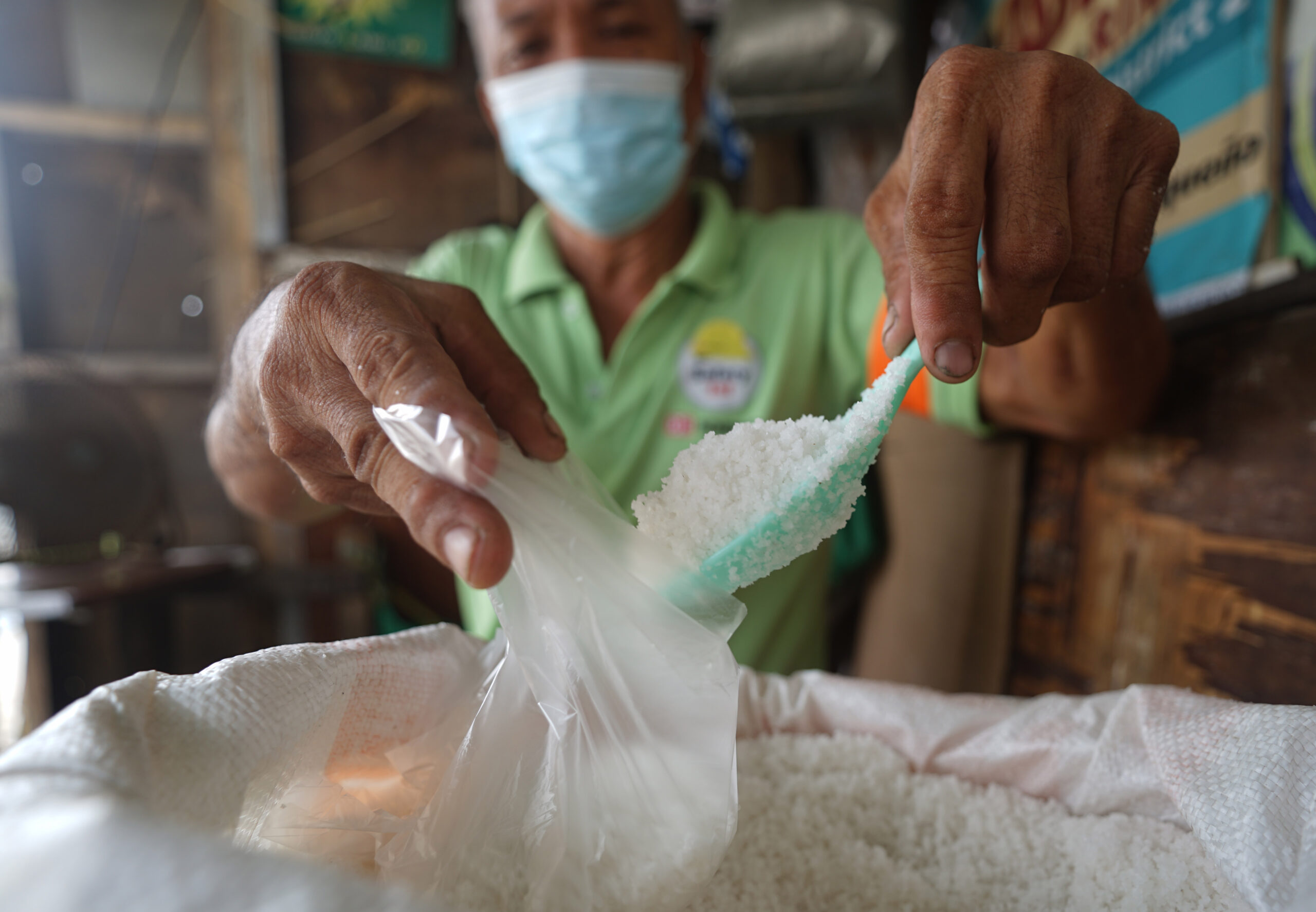
The House of Representatives on Monday approved on third and final reading a bill revitalizing the salt industry and achieving salt self-sufficiency.
With 287 affirmative votes, 0 negative without abstentions, lawmakers approved the proposed Philippine Salt Industry Development Act, which seeks to make the country a net exporter of salt, and attain increased income for salt farmers, producers and investors.
The bill will now be transferred to the Senate for its own deliberations. The measure is listed by the Legislative Executive Development Advisory Council (LEDAC) as one of the priority legislation of President Ferdinand R. Marcos Jr.
“The significance of the salt industry hasn’t been lost on our President and concurrent Department of Agriculture [DA] chief Ferdinand ‘Bongbong’ Marcos Jr. He knows that we need to correct the sad irony that the country imports nearly 550,000 metric tons [MT] or 93 percent of its requirement for salt. This is indeed a sin,” Speaker Ferdinand Martin G. Romualdez said.
HB 8278 would provide industry players with support services, such as financial, production, technological, research and marketing assistance, among others.
The bill calls for the creation of the Philippine Salt Industry Development Council charged with accelerating the modernization and industrialization of the industry.
It seeks to strengthen market linkage and promotion of Philippine salt and conduct continuing research and development (R&D) on innovation and modernization of the salt industry.
It also aims to establish an agri-insurance program for salt producers, as well as parameters and guidelines when domestically produced salt may be subjected to mandatory salt iodization under the provisions of Republic Act (RA) No. 8172, otherwise known as “An Act for Salt Iodization Nationwide (ASIN).”
According to Kabayan Rep. Ron Salo, author of the bill, “the Philippine Salt Industry Development Bill reflects a paradigm shift in policy from being primarily regulatory to being developmental. It establishes a Philippine Salt Industry Development Roadmap and the Philippine Salt Industry Development Council [PSIDC], an inter-agency body that will ensure the full implementation of the proposal.”
“The shift from a regulatory to a developmental mindset is crucial in ensuring that the salt industry will be properly managed and developed, and that the interests of our salt farmers will be protected. By classifying salt as an agricultural product and transferring the administration of the salt industry to the DA, we can provide better support to our local salt farmers and producers,” Salo explained.
Image credits: Nonie Reyes
